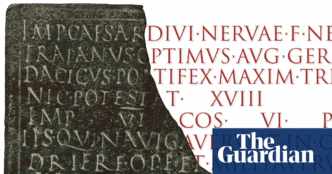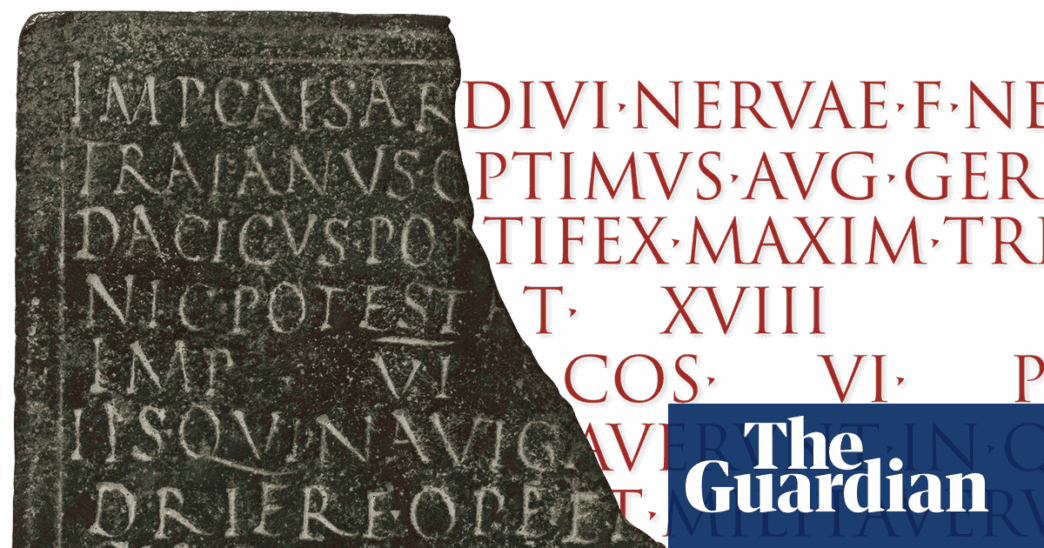Google DeepMind launched an AI tool named Aeneas that helps historians decode ancient Roman inscriptions. The AI predicts the origin and date of inscriptions, and suggests missing words in damaged texts.
The tool was built with a database of nearly 200,000 inscriptions totaling 16 million characters. It links fragments not just by words but by historical context. Aeneas can pinpoint a text to one of 62 Roman provinces and estimate its date within 13 years.
Researchers tested Aeneas on the Res Gestae Divi Augusti, an important monument inscription. The AI suggested two possible date ranges, mirroring ongoing scholarly debate. It also found linguistic links between votive altars in Mainz, Germany, revealing centuries-old influences.
23 historians found Aeneas useful in 90% of their cases, helping provide context and fill gaps. University of Cambridge classics professor Mary Beard called it transformative. Oxford professor Jonathan Prag said it could improve interpretations on existing texts and open up ancient studies to more people.
The project was led by Yannis Assael and developed with historian Dr. Thea Sommerschield from the University of Nottingham.
Dr. Sommerschield stated:
Aeneas helps historians interpret, attribute and restore fragmentary Latin texts.
That’s the grand challenge that we set out to tackle.
More details are published in Nature. Aeneas is available for researchers online at predictingthepast.com.














